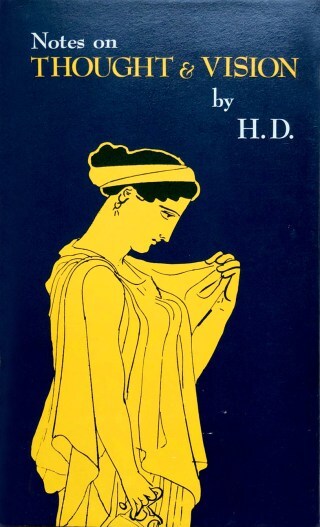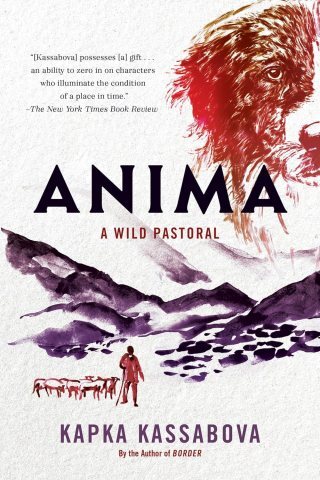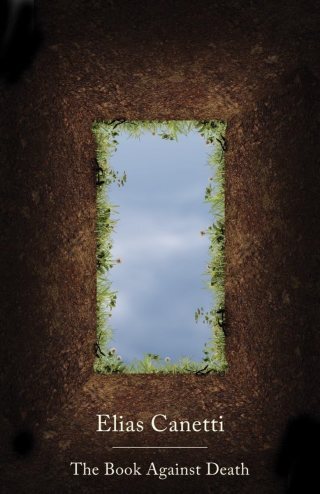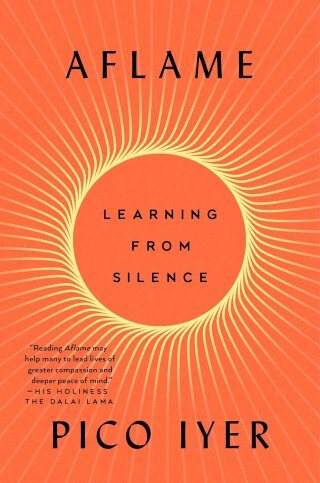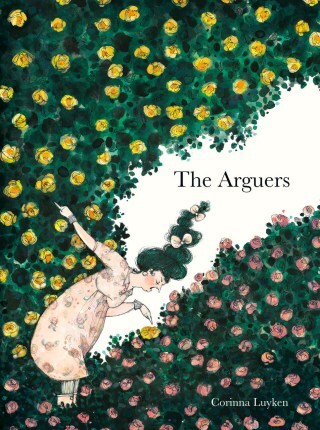Maria Popova's Blog, page 4
July 4, 2025
A Defense of Joy
One of the most important things to have learned in life is that choosing joy in a world rife with reasons for despair is a countercultural act of courage and resistance, choosing it not despite the abounding sorrow we barely survive but because of it, because joy — like music, like love — is one of those entirely unnecessary miracles of consciousness that give meaning to survival with its bright allegiance to the most alive part of us. “We’ve all had too much sorrow — now is the time for joy,”...
July 2, 2025
Vision of the Womb and Vision of the Brain: H.D. on the Two Kinds of Seeing and the Key to Over-mind Consciousness
“One must be a seer, make oneself a seer,” Arthur Rimbaud wrote, “by a long, gigantic and rational derangement of all the senses.” As more and more of our senses are being amputated by the blade of our image-centric culture, reducing the vast and delicate sensorium of human experience — moss on a rock, a salty summer evening at the ocean’s edge, a lover’s kiss — to a purely visual representation on a two-dimensional screen, it matters all the more that we train our vision to see beyond the venee...
June 29, 2025
Uncaging the Bird in the Mind: William Henry Hudson and the Gift of the Ruin of Your Best Laid Plans
“The mind is its own place, and in it self can make a Heav’n of Hell, a Hell of Heav’n,” wrote Milton in Paradise Lost. Because the mind (which may in the end be a full-body phenomenon) is the cup that lifts the world to our lips to be tasted — a taste we call reality — it is difficult to examine the cup itself, to observe the inner workings of the mind as it sips questions and turns them over with the tongue of thought to form ideas, to render a world. We can’t will it, because the will is a ha...
June 27, 2025
Anima: One Woman’s Search for Meaning in the Footsteps of Bulgarian Mountain Shepherds
Every day at sundown I would hear him, the invisible shepherd singing on the other side of the ridge, his song filling the gloaming with the sound of the centuries — the same song his father had sung on that same mountain, and his father’s father, and the generations of shepherds before him, their lives wool on the loom of time weaving the story of a place that is a scale model of th...
June 24, 2025
Divinations of the First Light: A Cosmic Poem for the Vera Rubin Observatory
At the end of her trailblazing life, having swung open the gate of the possible for women in science with her famous comet discovery, astronomer Maria Mitchell confided in one of her Vassar students that she would rather have authored a great poem than discovered a comet.
A century later, a little girl named Vera had a flash of illumination while reading a children’s book about Maria Mitchell: her nightly pastime of gazing wondersmitten at the stars outside her bedroom window could become a lif...
June 21, 2025
How to Be a Stone: Three Poems for Trusting Time
If you want to befriend time — which is how you come to befriend life — turn to stone.
Climb a mountain and listen to the conversation between eons encoded in each stripe of rock.
Walk a beach and comb your fingers through the golden dust that was once a mountain.
Pick up a perfect oval pebble and feel its mute assurance that time can grind down even the heaviest boulder, smooth even the sharpest edge.
 Art by Sophie Blackall from
Things to Look Forward to
Art by Sophie Blackall from
Things to Look Forward to
Rising forty feet above the rocky cl...
June 19, 2025
Against Death: Nobel Laureate Elias Canetti on Grieving a Parent, Grieving the World, and What Makes Life Worth Living
The year is 1937. Elias Canetti (July 25, 1905–August 14, 1994) — Bulgarian, Jewish, living in Austria as the Nazis are rising to power — has just lost his mother; his mother, whose bottomless love had nurtured the talent that would win him the Nobel Prize in his seventies; his mother, who had raised him alone after his father’s death when Elias was seven (the kind of “wound that turns into a lung through which you breathe,” he would later reflect).
Having left chemistry to study philosophy, tr...
June 17, 2025
The Whole of It
Because we are creatures made of time, what we call suffering is at bottom a warping of time, a form of living against it and not with it — the pain of loss, aching for what has been and no longer is; the pain of longing, aching for what could be but is not yet and may never be; the pain of loneliness, an endless now hollowed of meaning. There can be consolation in looking backward to fathom the staggering odds of never having been born, and in looking forward toward the immortal generosity of o...
June 12, 2025
Silence, Solitude, and the Art of Surrender: Pico Iyer on Finding the World in a Benedictine Monastery
The best measure of serenity may be our distance from the self — getting far enough to dim the glare of ego and quiet the din of the mind, with all its ruminations and antagonisms, in order to see the world more clearly, in order to hear more clearly our own inner voice, the voice that only ever speak of love.
It is difficult to achieve this in society, where the w...
June 11, 2025
The Arguers: A Charming Illustrated Parable about the Absurdity of Self-righteousness
Perhaps the most perilous consequence of uncertain times, times that hurl us into helplessness and disorientation, is that they turn human beings into opinion machines. We dope our pain and confusion with false certainties that stifle the willingness to understand (the nuances of the situation, the complexity of the wider context, what it’s like to be the other person) with the will to be right. Our duels of self-righteousness can be fought over whose turn it is to take out the trash or who shou...

